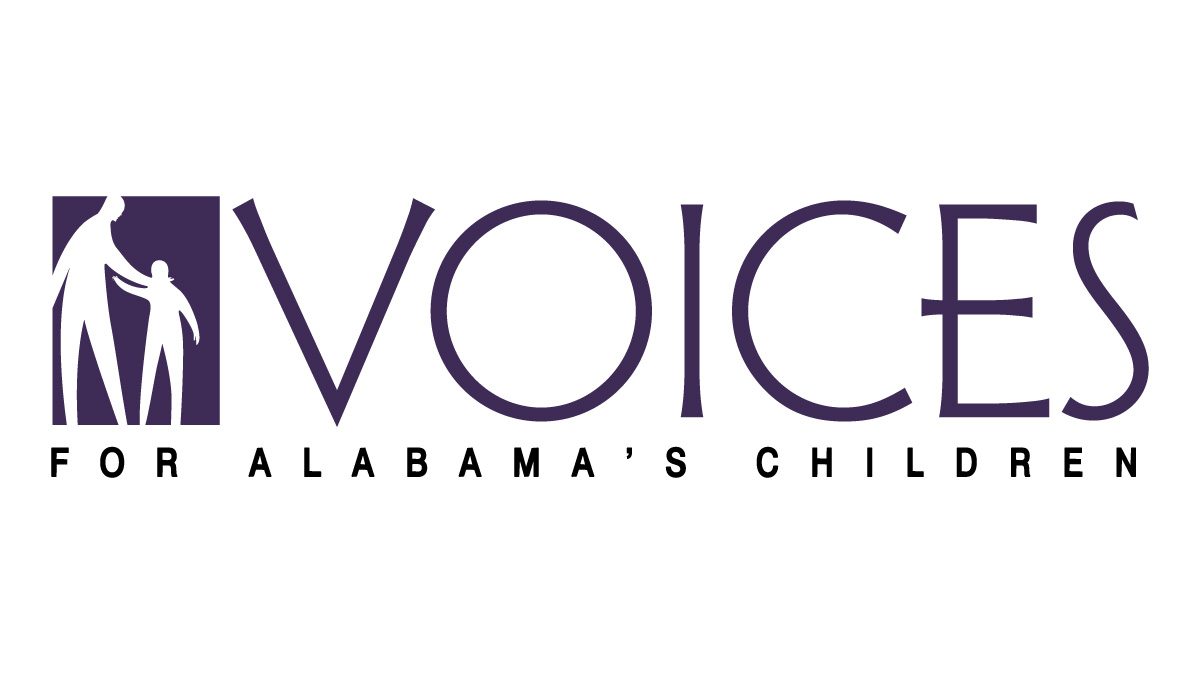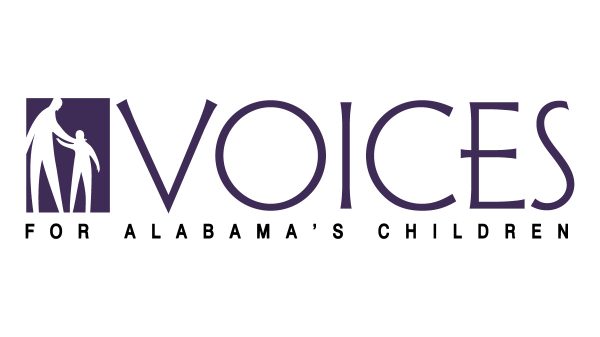The legislative session just concluded and coincided with the release of VOICES for Alabama’s Children’s annual data book. The VOICES report indicated we have many more issues ahead that need attention. The research results provided by VOICES are not good. (But keep reading, help is on the way.)
Too many children can’t read or perform math at grade level, and many of them are hungry and being abused in their own homes.
Since 1994, VOICES for Alabama’s Children has provided extensive research on the conditions of our children and released its annual data book. The report documents and tracks the facts on the health, education, safety and economic security of Alabama children by county.
VOICES’ data found there is only one mental health provider available for every 923 Alabamians. It pointed to research that shows unaddressed childhood trauma and Adverse Childhood Experiences (ACES) lead to lifelong chronic health issues. Those factors also can cause significant barriers to educational achievement and financial security.
Last year, less than 25 percent of our children were proficient in math. Data found that when it came to economic security, 24 percent of Alabama’s children live in poverty, and one in five of them are food insecure. In simple language, these children are hungry!
When it comes to education of Alabama’s poverty-stricken fourth graders, only 38 percent are proficient in reading, and only 12 percent are proficient in math.
In 2021, there were 3,453 children who entered foster care. An estimated 48 percent of those cases involved parental substance abuse use. And of course, there is child abuse involved in many of these homes as well.
Our legislators have made tremendous investments toward improving these statistics, and they are to be commended for it. Those investments include:
VOICES works on research, policy and advocacy. It strives to “ensure the well-being of Alabama’s children through research, public awareness, and advocacy. It partners with community leaders to encourage Alabama lawmakers to pass legislation beneficial to Alabama’s children.”
I greatly commend VOICES for all it has done for years and for what it continues to do for Alabama’s children. It also educates the public on how we need to improve the well-being of our children’s lives.
Great progress can be made to improve the lives of Alabama’s children. But legislators, and we as a society, must continue to be concerned if our children are learning, have access to three meals a day, and live in safe homes. We must be proactive to see that our children’s needs are met on a daily basis and our state’s needs will be met in the future, too.
More details about the VOICES data report can be found at https://alavoices.org/kids-count-data-maps/














































